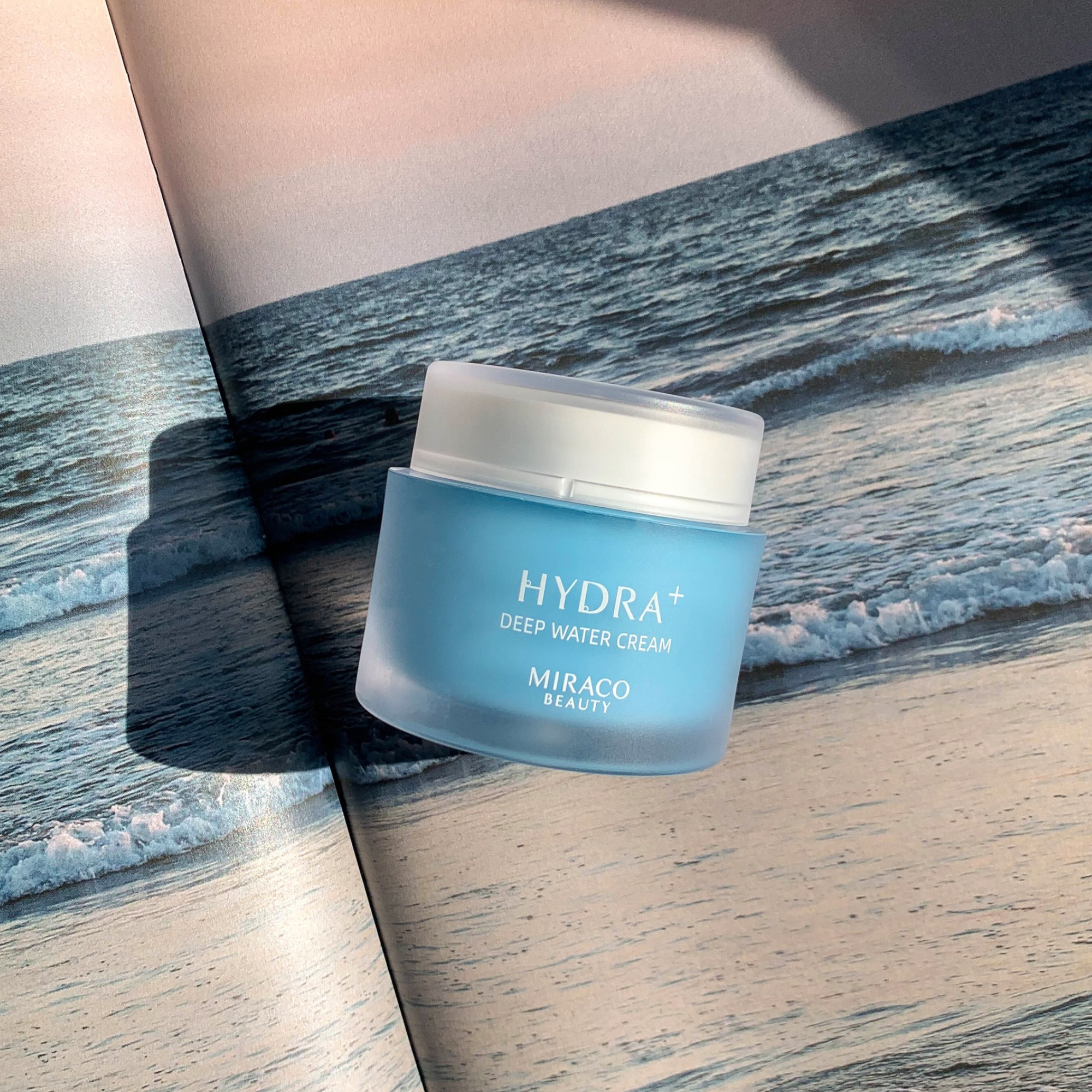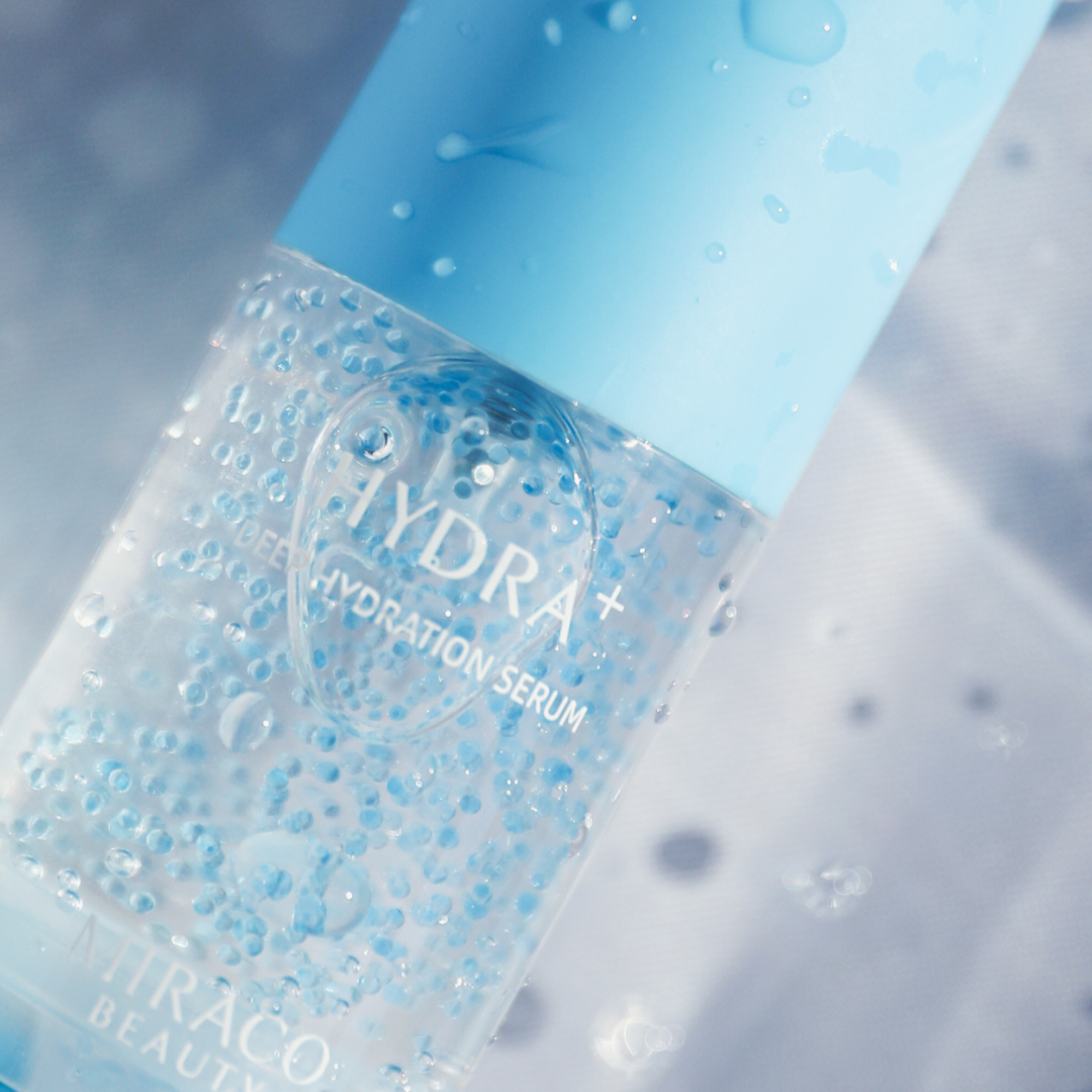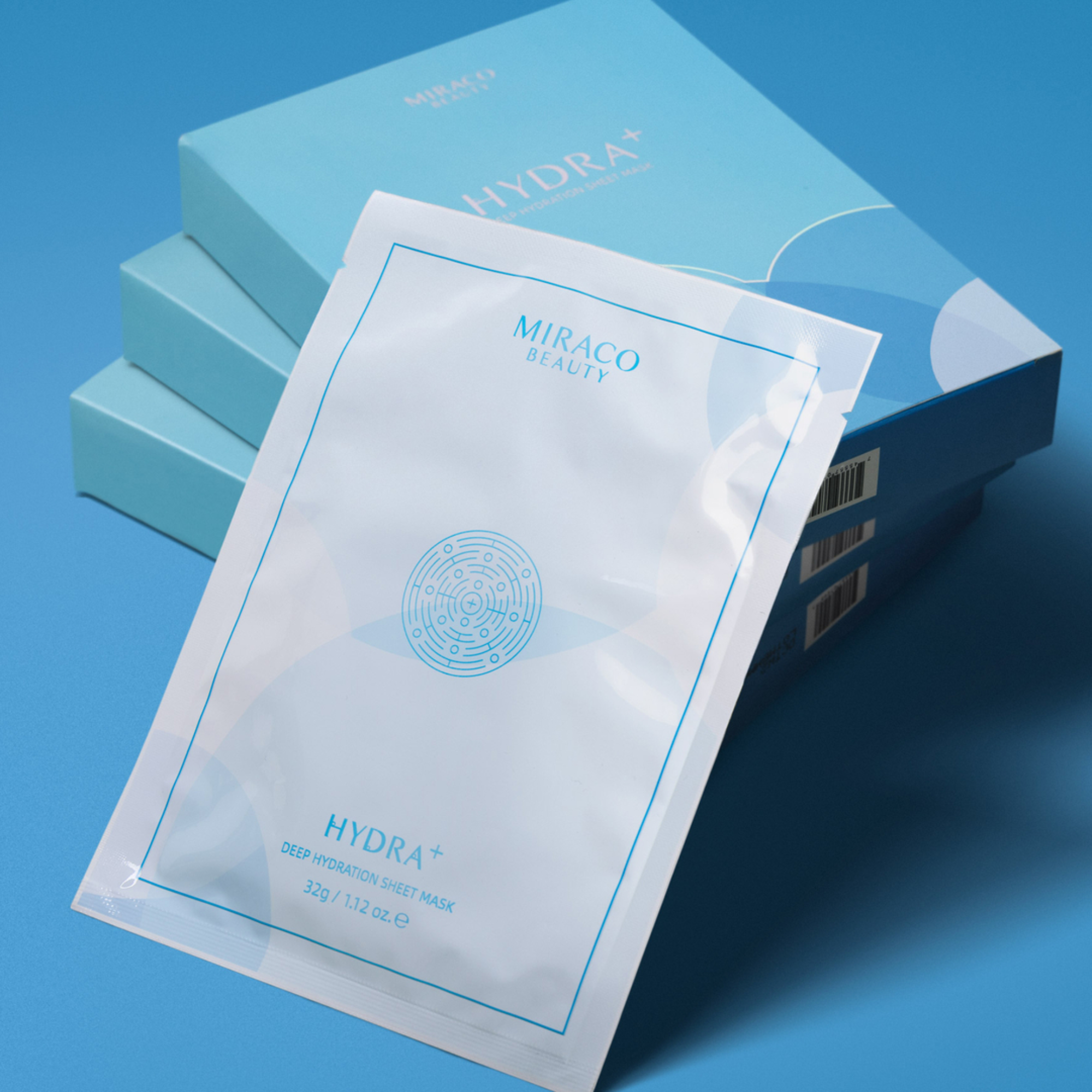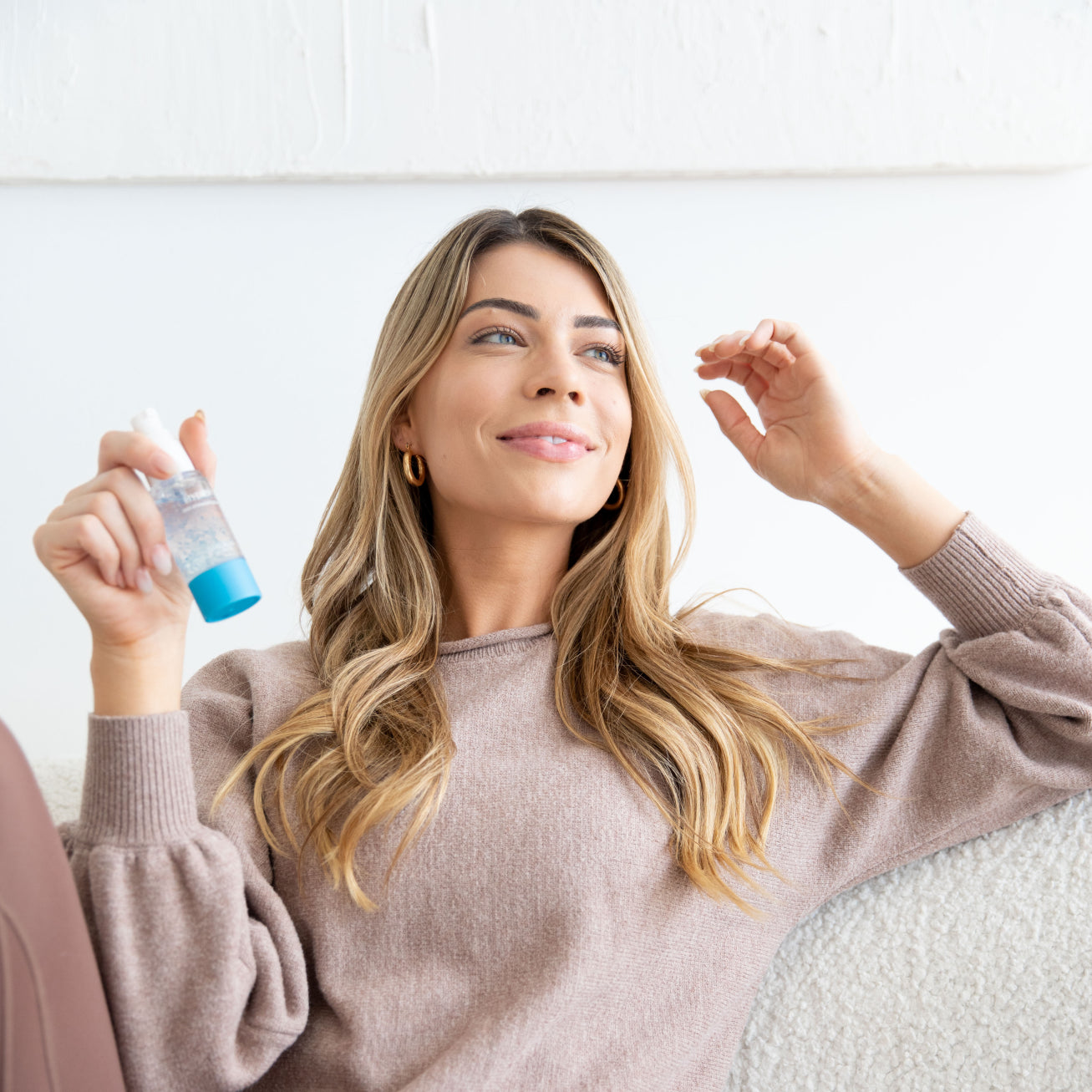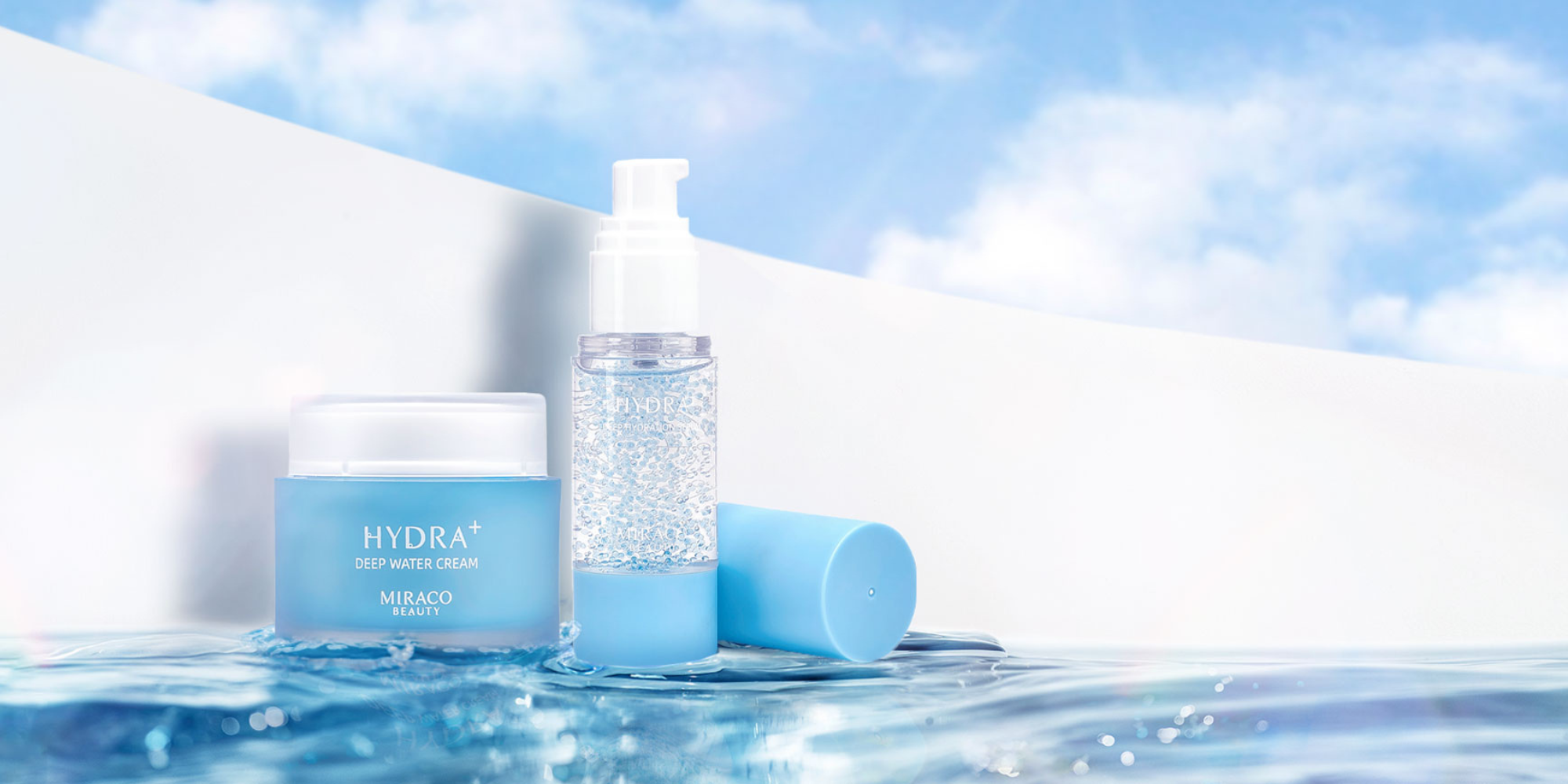If you’re dealing with the persistent and often frustrating skin condition known as acne - you’re not alone. Acne affects millions of people around the world and can be a source of discomfort and self-consciousness. But fear not, we’re here to provide you with expert tips on how to better understand and manage acne.

What is Acne?
Acne vulgaris is a common skin condition that occurs when hair follicles become clogged with oil and dead skin cells. Acne is most commonly seen as pimples, blackheads, whiteheads, cysts on the face, neck, chest, back, and shoulders. It’s commonly believed that acne only forms during adolescence, but acne is also caused by a change in hormones such as menopause.
What Causes Acne?
The accumulation of oil and skin cells in the hair and oil glands (pores) can lead to plugs, such as whiteheads and blackheads. When bacteria gets trapped in these plugs, it can lead to pimples or even painful cysts.
Whiteheads
Whiteheads are characterized by small, raised bumps with a white or yellowish center. They form when hair follicles become clogged with a mixture of oil and dead skin cells, with the pore remaining closed. They are non-inflammatory and tend to be less severe than other acne types.
Blackheads
Blackheads are also caused by clogged hair follicles, but the pore remains open. They appear as small, dark spots on the skin's surface due to the oxidation of the trapped debris. Blackheads are non-inflammatory and are often less painful than other acne lesions.
Cystic Acne
Cystic acne is a severe form of acne characterized by deep, painful, pus-filled lumps that are larger than nodules. These cysts can be deep-rooted and are highly inflammatory, often leading to scarring. Cystic acne requires medical treatment and may leave long-lasting marks on the skin.
Papules
Papules are small, red, tender bumps that do not have a visible center like whiteheads or blackheads. They result from inflammation and the body's response to clogged pores, often occurring in clusters. Papules are more inflammatory than non-inflammatory acne but less so than pustules or cysts.
Pustules
Pustules are similar to papules but contain pus at their centers. They have a white or yellowish head and are often referred to as "pimples." Pustules are more inflamed than whiteheads or blackheads but are usually less severe than cysts.
Acne Rosacea
Acne rosacea is a skin condition that primarily affects the central face and is characterized by redness, flushing, and the development of pimples or pustules. While it shares some similarities with acne, it is a different condition and often occurs in adults. The cause is not completely known, but it may be triggered or exacerbated by certain triggers like alcohol, spicy foods, or sun exposure.
Hormonal Acne
Hormonal acne can manifest as papules, pustules, nodules, and cysts. It tends to be deeper and more inflammatory than non-hormonal acne, making it more likely to cause scarring. It often appears in specific areas, such as the lower part of the face, jawline, and neck. Hormonal acne can be triggered by: puberty, menstrual cycle, polycystic ovary syndrome (PCOS), pregnancy, menopause, and stress.
Acne Treatment
1) Topical Retinoids
Retinoids, derived from vitamin A, are effective in treating acne by unclogging pores, reducing inflammation, and promoting skin cell turnover. They work by accelerating the shedding of dead skin cells, preventing their accumulation in hair follicles, which helps reduce the formation of whiteheads and blackheads. They also prevent the formation of microcomedones, the earliest precursors to acne lesions, and by doing so, they act as a preventive measure against the development of new acne. Overall, retinoids are valuable in minimizing the risk of scarring and improving the texture and appearance of the skin, making them a cornerstone in the treatment of acne.
2) AHAs and BHAs
Alpha hydroxy acids (AHAs) and beta hydroxy acids (BHAs) are chemical exfoliants that can effectively treat acne. AHAs, like glycolic and lactic acid, work on the skin's surface by gently exfoliating dead skin cells, thereby unclogging pores, improving skin texture, and reducing the appearance of acne scars. BHAs, such as salicylic acid, penetrate deeper into the pores, dissolving excess oil and debris, making them particularly effective at treating blackheads, whiteheads, and other forms of non-inflammatory acne. When using retinoids and active ingredients, it’s crucial to wear sun protection and have a proper, nourishing skin routine to soothe and protect the skin.
3) Hormonal Therapy and Antibiotics
If you suspect you have hormonal acne, it's advisable to consult a dermatologist. They can assess your condition, identify the underlying causes, and recommend an appropriate treatment plan tailored to your specific needs.
Proper Skin Routine
- Cleanser - It’s important to use a gentle cleanser that will properly remove SPF or makeup residue without leaving the skin feeling stripped.
- Toner - It’s also important to avoid harsh toners that can strip your skin barrier and exacerbate pore issues. Niacinamide is the perfect skin barrier protector that will clean pores without irritation.
- Skin Booster - Think of this serum as a shot of vitamins for your skincare routine - filled with hyaluronic acid and trace minerals, this will enhance your skin’s radiance.
- Acne Treatment - The UFO is a great acne treatment face oil that won’t dry out the skin like many BHAs do - it features soothing ingredients such as cucumber and licorice root.
- Retinol (only once a week do NOT mix with AHAs or BHAs)
- Moisturizer - The HYDRA+ Water Cream is a lightweight, soothing dream cream for all skin types - if you need more moisture try the S-CELL Super Cream, a neck, face, and under eye cream featuring AHAs and BHAs that will help target clogged pores and fine lines.
- Replenishing Mask (once a week) - Originally created to soothe skin after facial peels and laser treatments, this will calm your skin down instantly while providing the best nutrients for you.

